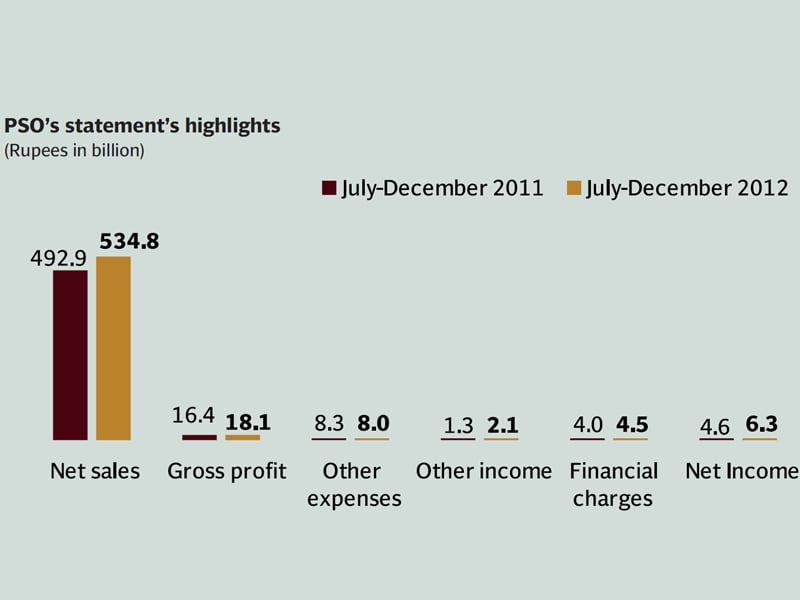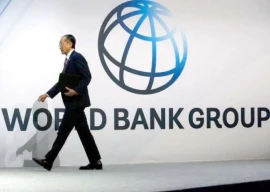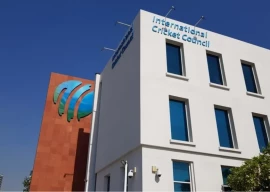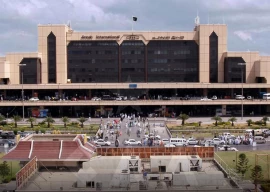
The only trillion-rupee company of the country, Pakistan State Oil (PSO), announced a 37% growth in profitability for the half year ending 31 December, 2012, on Thursday, mainly on account of volumetric growth coupled with higher fuel prices in the country. Moreover, a significant increase in other income supported the bottom-line.
According to a notice sent to the Karachi Stock Exchange, the state-owned megacorporation reported a profit of Rs6.3 billion in the first six months of the fiscal year 2012-13, against a profit of Rs4.6 billion in the corresponding half of the preceding year.
Keeping in view the circular debt and the position of the PSO balance sheet, the company’s board of directors, in a surprising move which no one anticipated, approved an interim cash dividend of Rs2.5 per share equivalent to a 25% return along with a bonus issue of 20% – 1 share issue of every five.
“The cash and bonus dividend came as a surprise at a time when PSO is entangled in circular debt. We believe that the company plans to provide a return to its shareholders in the form of minimal payouts,” reported Arif Shaikh, analyst at Global Securities. In fiscal 2007, PSO had a dividend payout of 77%, which slid down to 6% in fiscal 2012.
In the period under review, the net sales recorded an 8.5% increase, owing to growth in volumetric sales amid higher POL prices. However, Shajar Capital estimates that volumes declined 3% and the top-line growth was primarily driven by an average 29% year-on-year increase in POL prices. Resultantly, gross profits managed to climb 10% to Rs18.1 billion from Rs16.3 billion despite stagnant gross margins.
In the semi-annual period, industry’s volume for black oil decreased 5%, whereas white oil grew 2% reflecting an increase in PMG consumption of 14% and a 2% decline in high-speed diesel’s demand. PSO’s overall market share stood at 64.6% for the period.
The oil marketing giant realised a benefit to the tune of Rs70 billion as a result of the term finance certificate issued by the government in September 2012 to control the spiralling circular debt. This led to a drop in payables to local refineries by Rs70 billion and likely resulted in financial charges, including penal interest, going down 44% in the second quarter. However, the financial charges in the July-December period surged 12% to Rs4.5 billion.
According to the company’s board, receivables’ balance, including price differential claims, stood at Rs139 billion as on December 31, 2012.
Simultaneously, other income jumped 70% to Rs2.1 billion during the period, offsetting the adverse impact of climbing financial charges.
Other factor that contributed to the bottom-line growth was a decline in other operating expenses by 6% to Rs7.3 billion, which is believed to be due to lesser forex losses.
Published in The Express Tribune, February 22nd, 2013.
Like Business on Facebook to stay informed and join in the conversation.


1732003896-0/Zendaya-(1)1732003896-0-165x106.webp)
1731914690-0/trump-(26)1731914690-0-165x106.webp)
1732003946-0/BeFunky-collage-(70)1732003946-0-165x106.webp)











1731749026-0/Copy-of-Untitled-(3)1731749026-0-270x192.webp)






COMMENTS
Comments are moderated and generally will be posted if they are on-topic and not abusive.
For more information, please see our Comments FAQ